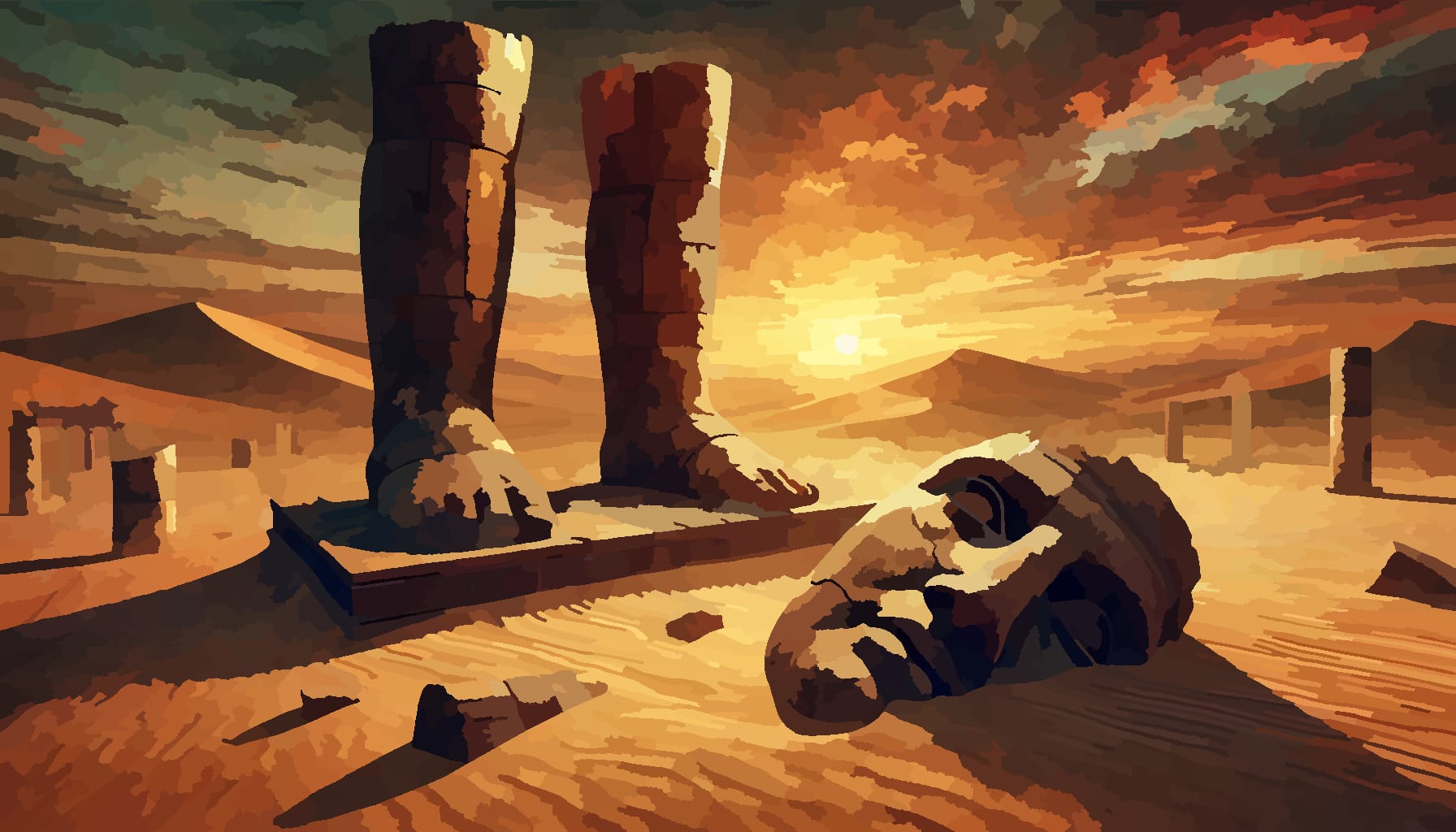
Democracies fall. So do dictatorships.
The evidence is all around.
It's been a discouraging season for progressive Americans. When Donald Trump lost the previous election, he tried to steal it. When that failed, he whipped up an insurrection against the rightful government. Not only was he not punished for any of that, voters rewarded him by returning him to the White House. His upcoming term promises even worse degradation of the country and even greater outrages against the rule of law.
On the other hand, the news isn't all bad. The waning days of 2024 have brought stunning defeats for autocrats as well.
South Korea
On December 3, South Korean President Yoon Suk Yeol declared martial law. He ordered the dissolution of the National Assembly, a ban on political rallies and gatherings, and a suspension of press freedom. He drew up plans for mass arrests of opposition leaders and journalists. The goal was to turn the country into a military dictatorship with himself as the dictator. If he'd gotten away with it, South Korea would have become North Korea.
But he didn't get away with it. South Korean lawmakers barricaded themselves inside the National Assembly building to keep soldiers out, voting unanimously to revoke martial law, and people poured into the streets to protest. Yoon backed down, and his resignation or impeachment seems inevitable. If this was South Korea's January 6 moment, they passed the test far more successfully than the United States.
Syria
Meanwhile, a sudden change in Syria shocked the world.
There was an initial moment of hope in Syria in 2011, during the Arab Spring, when pro-democracy rallies erupted across the country. But Syrian dictator Bashar al-Assad violently cracked down on the demonstrators, slaughtering thousands to keep his grip on power. His repression and brutality ignited a refugee crisis that convulsed the Middle East and Europe and a civil war that raged for over a decade.
In recent years, the Syrian war seemed to have subsided into a frozen conflict. Millions of people had fled or been displaced, and the country was divided up among conflicting factions, none of whom could achieve total victory.
But in late 2024, when the world's attention had long since turned elsewhere, Syrian rebels launched a new offensive. In the past, Russia had intervened to defend Assad's regime in exchange for the use of a Mediterranean port which Vladimir Putin valued greatly. But two years of grinding war in Ukraine have left Russia stretched thin. Its military has been decimated, its materiel stockpiles are depleted, its economy is straining at the seams. It appears that this time, Putin didn't have the resources to spare to help out his buddy.
Without Russian backing, the regime folded without a fight. Syria's major cities fell to the rebels like dominoes: Aleppo, Homs, Hama, and finally Damascus. Assad fled into exile in Moscow, and the world was treated to scenes of Syrian citizens looting his palace and breaking open prisons to free political prisoners.
Although Assad's dictatorship has fallen, Syria's future remains unwritten. Whether the motley coalition of rebels—encompassing everyone from Kurds to regime defectors to Islamists—is even capable of governing the country, let alone what form that government might take, is still unknown. However, for the first time in decades, the Syrian people have a chance of deciding for themselves.
The thread that links South Korea and Syria is that autocracy isn't inevitable. It's not a "great attractor" that democracies inevitably collapse into and then can't get out of.
That democracy depends on the consent of the governed is both its weakness and its strength. When it works well, democracy is the best form of government. It creates stability, peace, freedom and opportunity. But every generation has to choose whether to renew the democratic compact, and there's no guarantee that they'll choose well.
People can come to take democracy for granted, ignoring threats out of complacency or normalcy bias, and support strongmen or fascists who have designs on seizing power. Alternatively, they can grow disillusioned and come to believe it's incapable of solving their problems, electing candidates who promise to burn the system down. When these things happen, democracy can rot from within or turn on itself.
But autocracy can also fail. It happens all the time.
Dictators and would-be dictators are susceptible to hubris and folly. They assume their power is unlimited, so they're caught unprepared when they run into opposition. They surround themselves with yes-men, so they have no one to tell them when they're making a mistake. They blunder into disastrous decisions, wreck their nations through wars of choice or corruption and mismanagement, and end up fleeing into humiliating exile, imprisoned, or killed by enraged mobs. Whenever a dictator dies, there's a succession crisis waiting in the wings as everyone schemes to claim the throne.
Neither democracy nor autocracy is the foreordained end of history. Both kinds of states are contingent. Both can rise and both can fall. That's a conclusion that we should find discouraging and encouraging in equal measure. Democracy can be lost, but it can also be regained.
This is a lesson in why we should hold on to our ideals through good times and bad. We always have to fight for the world we want; we can never rest on our laurels. At the same time, no defeat is ever so permanent or so hopeless that there's no coming back from it. However bright the day seems, we always have to be vigilant. But however dark the day seems, it's never futile to hope for a brighter future.
